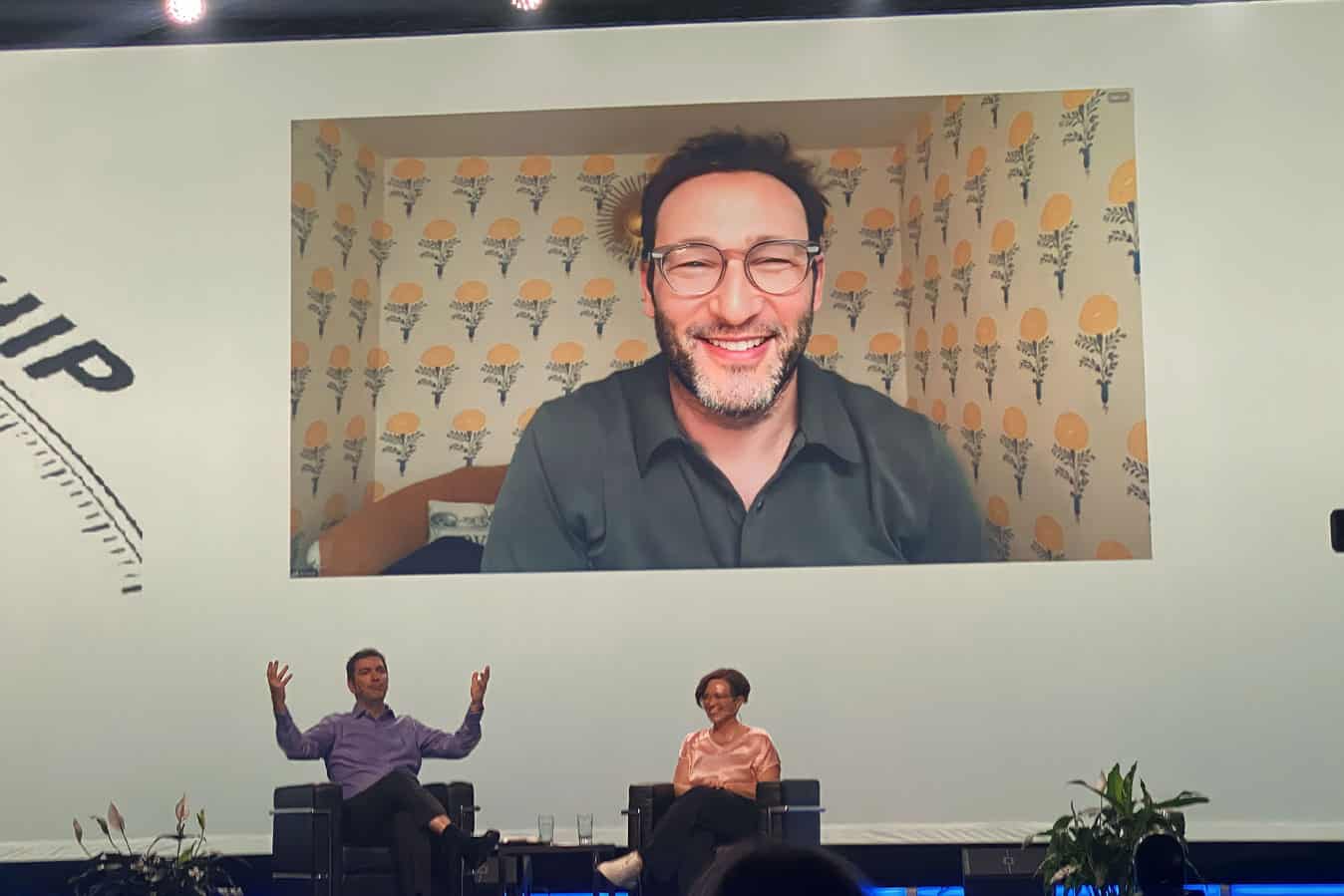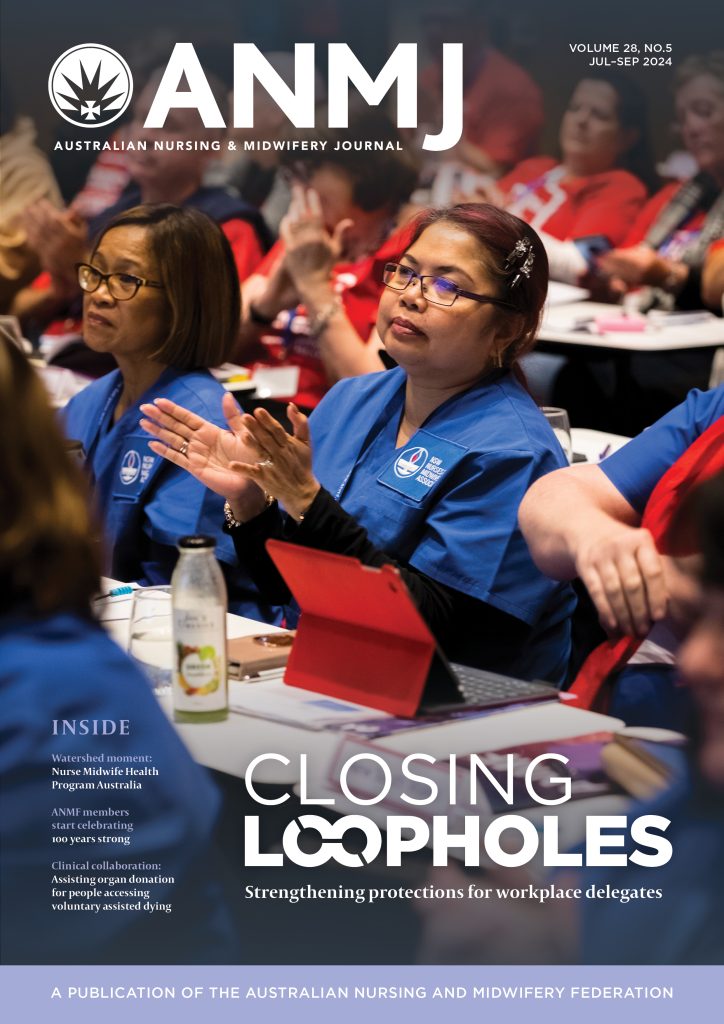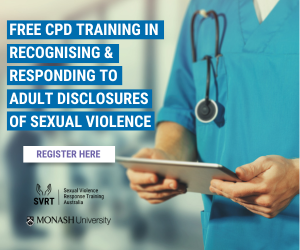Creating better leaders is the linchpin to happier people, better organisations and societies, according to Simon Sinek, world-renowned speaker, author, ethnographer and founder of the Optimism Company in the US.
Speaking to over 1,000 nurses at the recent International Council of Nurses Congress, Montreal, Canada, Sinek emphasised that nowhere was good leadership more essential than in healthcare. He suggested that by providing good leadership would ensure better healthcare systems, quality patient care, and staff retention and recruitment.
Yet despite this need, Sinek argued that healthcare leadership styles were poor, lagging 10 to 15 years behind other industries.
“Too many hospitals are run by business people, where profit margins are the bottom line, rather than being run by people with experience in healthcare.
“And when the margin is everything, sacrifices are made in healthcare; unfortunately, those sacrifices are people. But if you sacrifice your own people, you’re going to sacrifice healthcare,” said Sinek.
According to Sinek, the number one priority in any hospital or health organisation should be caring for the people who are taking care of the people.
“If the people providing the care feel taken care of, all their energy goes towards the patient,” Sinek said. “But if the people doing the care feel like leadership doesn’t have their back, they’re going to be distracted trying to protect themselves from their own leaders. And guess who suffers? The patient.”
Sinek said the principles of leadership apply at all levels of nursing and midwifery management, adding that leadership was a learned skill that required practice.
“The skill set of being a leader is different than that of being a nurse.
“We know that they don’t teach leadership at nursing school. They don’t teach it at medical school. And there’s very little leadership curriculum for people to take when they work for an organisation,” Sinek said.
“In other words, if you’re not learning it, how are you going to do it? And so what I always recommend to people who are middle management or below is be the leader you wish you had.”
Sinek also recommends reading articles, books, and watching talks and having conversations with each other about how to solve difficult leadership problems.
Equally important is to learn empathy.
“I think as nurses, you probably have empathy for your patients, but do you have empathy for each other?
“That’s a big one. So I know you have the skill. The question is, are you practising it on each other? Are you giving each other the benefit of that?”
It’s also essential for leaders to create the right work environment. Sinek said part of that mix includes finding joy and passion in what you do.
“It isn’t just the work, because you can get into a profession like nursing because you love the work, but if you work in a bad culture, you’ll stop loving it.
“I think when we take care of each other, then the patients are taken care of. When somebody’s exhausted or has made a stupid mistake, the quickest thing we can do is say to them, are you okay?
“Okay is the question we should ask of each other and be there for each other. We can still be stressed and be overworked, but for some reason, it feels intensely joyful when we know we have each other’s back. It’s a strange thing about human beings.”
According to Sinek, this does not mean being blindly positive.
“People who think they have to be blindly positive because they believe that’ll have a positive impact on their team actually find that it ends up backfiring when things are difficult.
“[People’s reaction to blind positivity is], I see my leader who’s always positive, all the time, but I’m not feeling it, so maybe it’s me because it actually makes things worse.”
Alternatively, Sinek said leaders are better to be optimistic.
“Optimism is not naive. Optimism is not blindly positive. Optimism is the undying belief that the future is bright and we can go through a difficult time.
“Optimists can say, this is the hardest thing we’ve ever done, and I don’t know how long it’s going to last, but I know one thing for sure, we will get there. There is a light at the end of the tunnel, and if we take care of each other, we will get through this stronger than we went in – it’s the camaraderie that gets us through.”
Sinek said the reason there are bad leaders is because they don’t know what leaders do.
“They think it’s about being in charge or the final point of authority, which is just not.
“When we are young in our careers, all you have to do is be good at your career,” Sinek explained. “You just have to be good at your job, and if you’re really good at your job, they’ll start promoting you, and eventually you get promoted in a position where you’re now largely responsible for the people who do the job you used to do. And it’s our temptation to micromanage – tell them what to do because we actually are better at their job, except that’s not your job anymore.”
Sinek said good leaders create an environment where others can achieve greatness for themselves and the team.
“It’s to set each other up for success. That’s what it actually is.
“Being a parent, you want your kids to do really well. That’s the same for leaders – you want your people to do well.
“So I think we have to know what the job is as a manager before we start acting in it.”
At the end of the day, Sinek suggests remembering that we work with human beings who have fears, ambitions, egos and insecurities.
“And sometimes they’re just tired, and sometimes they’ve got stuff going on at home with their own kids and their own families, and that stress is brought to work, and all you need is one person just to break that and say, I got you.”









